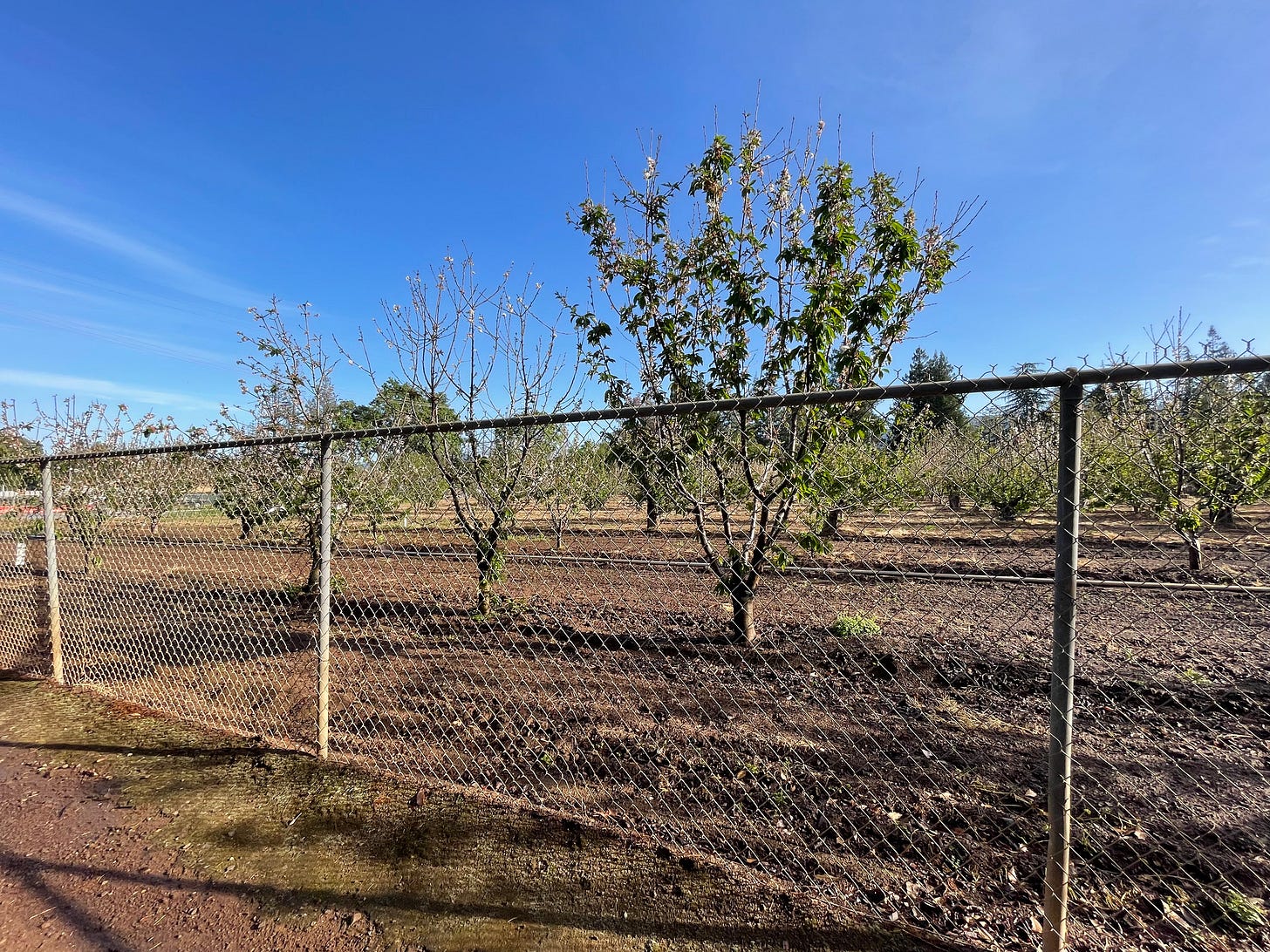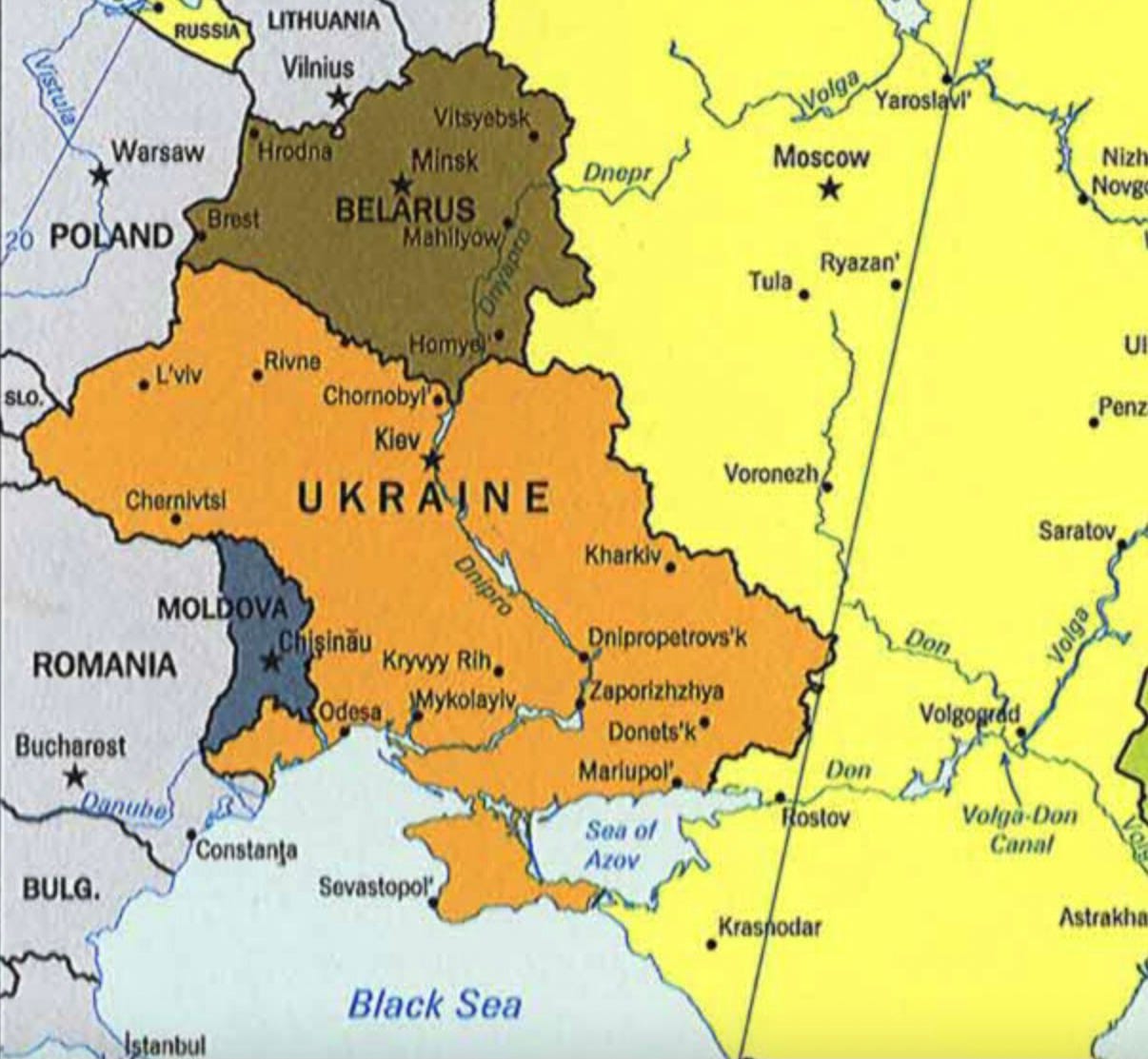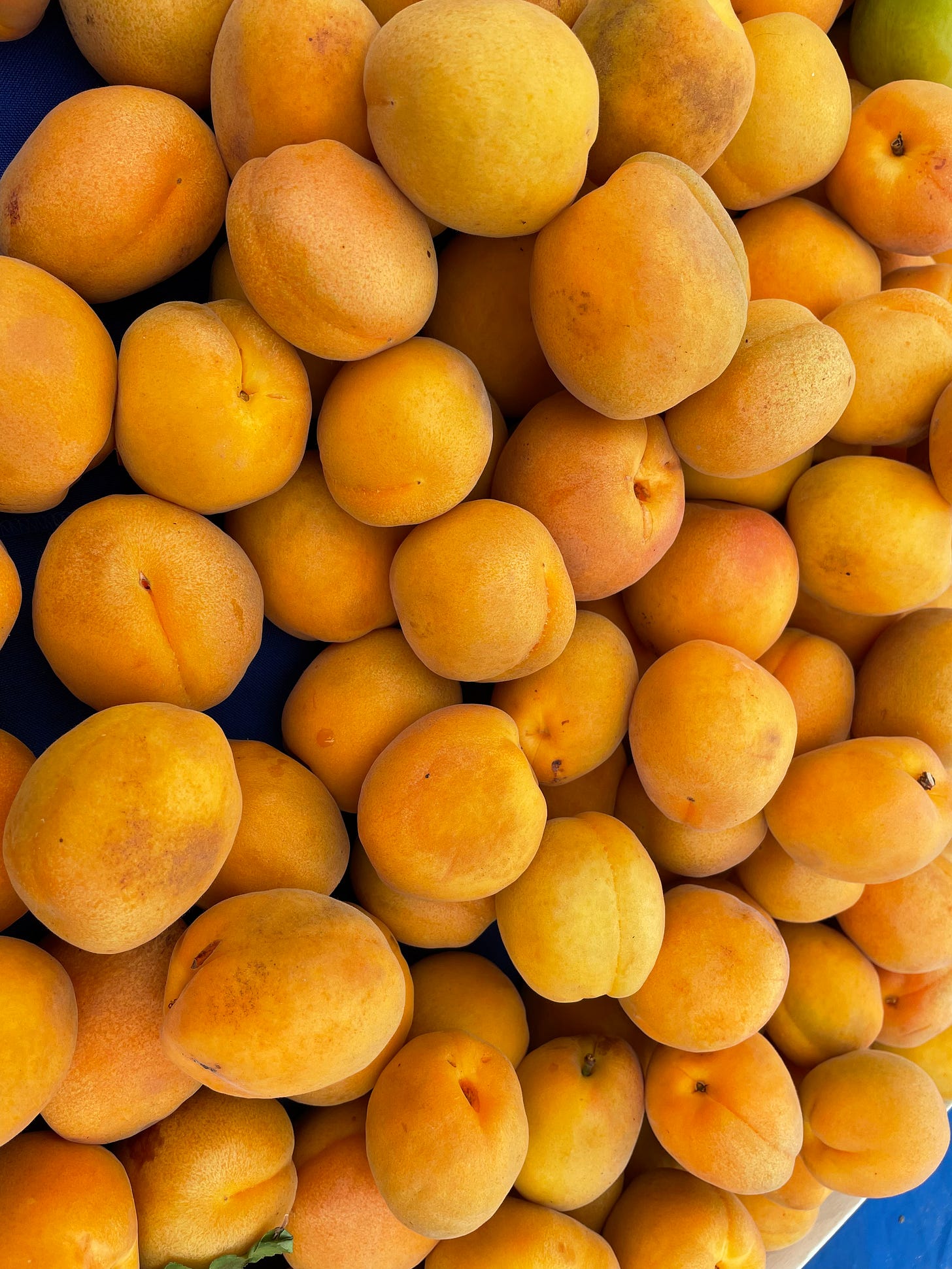OF BEES AND PEACE
In a desolate village in Ukraine, a retired safety inspector in a mine tries to make honey—and a little peace—in times of war.

Just when I was wondering about the Ukrainian war and writers in that part of the world, I heard about Andrey Kurkov, an award-winning novelist in Ukraine who writes and tweets regularly about the war. Kurkov claims he’s on Russia’s "wanted list" due to his outspoken criticism of President Vladimir Putin. After the 2022 Russian invasion of Ukraine, he continues to live on in Ukraine and is considered to be an internally displaced person.
War has steadily stripped his nation of its buildings, architecture, history, and culture, according to Kurkov. Language, too, is in the fray. While Kurkov is of Russian ethnicity and writes in Russian, he points out how, progressively, this war is also about ensuring the supremacy of the Russian language. At least forty percent of Ukrainians are conversant in both Russian and Ukrainian and in a recent interview, Kurkov wondered if, in protest, he should stop writing in Russian.
When I listen to Kurkov’s commentary on language, I’m reminded of how closely culture is linked to language. Snuffing out the mother tongue is equivalent to erasing one’s identity. The late Gregory Rabassa, whom I wrote about last week while discussing ONE HUNDRED YEARS OF SOLITUDE, writes about the link between culture and language. Rabassa wonders about what begets what. “Languages are the products of a culture, or perhaps the reverse as some bold anthropologist may have it,” he writes in his introduction to If This Be Treason: Translation and Its Dyscontents, A Memoir.
Andrey Kurkov, who was born in St Petersburg in 1961, published his best-selling novel, Death and the Penguin, in 1996. It follows a Kyiv writer named Viktor, and his pet penguin Misha in the aftermath of the war. I was on a hunt for a translation of that novel at my local library when I found myself at the end of an impossibly long line of holds. Grey Bees was available, however, and that’s how I ended up sitting down with this sweet, funny, and dark novel.
Translated by Boris Dralyuk, Grey Bees is Andrey Kurkov’s 2020 novel about a beekeeper and his life in the “grey zone” after everyone (except two men) in a village of two streets has managed to flee during the war. Kurkov explains that the front line between Ukrainian troops and pro-Russian separatists in the breakaway “people’s republics” of Donetsk and Luhansk is 450 kilometers long. The “grey zone” between these two sides is of the same length but the width varies, however. In the novel, the small wintry wasteland of the village of Starhorodivka is in this “grey zone”; on its two streets—Lenin Street and Shevchenko Street—reside Sergeyich and Pashka, both of whom are sworn enemies from elementary school. Their interactions are often downright hilarious.
“Sergeyich opened the door for Pashka and gave a not very friendly grunt. This grunt was spurred by Sergeyich’s resentment of his neighbor from Shevchenko Street. It seems the statute of limitations on his resentment would never run out.”
As time passes, Sergeyich and Pashka begin to tolerate each other even though they never truly shed their skepticism of the other. They’re two “frenemies”, visiting each other every few days as they figure out how to eke out a better life with their basic supplies. When all the people have been leached out of a village, when the air is soundless but for the distant sound of shelling, when snow piles up against the grey of the skies, when coal must be shoveled into a stove to warm up the home, when food runs low and the vodka runs lower still, what, then, becomes the meaning of life?

Grey Bees is thus a layered story about human relationships in war-torn and peaceful Ukraine. The thawing of the relationship between these frenemies is beautiful to watch even as their pettiness and peevishness is unsettling. On the day prolonged enemy fire destroys some of the glass windows in Pashka’s home, Sergeyich goes over with his tools to help replace his windows. One would think war and want change people at an elemental level. Even after such kindness from his only friend in all the world, Pashka cannot bring himself to part with a cup of lard from his pantry.
One morning, right after the arrival of the first spring, Sergeyich packs up his green Lada, attaches his trailer to it, loads several jars of honey, packs in the beehives and then turns on the ignition. He sets off in the direction of Vesele with his bees so that they can go about their work in peaceful open spaces.
As he finds new pastures for his bees, he meets new people with different political inclinations. Often his bottles of honey are his “money” as he sells them or uses them as barter. Wherever his Lada takes him, Sergeyich’s principles and his innate generosity (and his honey) make a lasting impression.

I found Grey Bees sweeter than all the honey in the world even though the book did feel viscous in parts. The story didn’t pour out fast enough for me. Yet it’s a book I’d recommend because it has so much heart. Gray Bees reminded me of Christy Lefteri’s The Beekeeper of Aleppo.
Until I read Lefteri’s novel, I didn’t understand how much the life cycle of bees affected human life. Bees pollinate 70 of the roughly 100 crop species that feed human beings. In Lefteri’s Aleppo and in Kurkov’s Starhorodivka, the beekeepers do not want to leave town during wartime because their bees are dependent on them. Their love for these hapless creatures and for the workings of nature made me tear up. Sergeyich is sensitive to these creatures in a way that would befuddle the best of us. Kurkov expresses the bees’ inability to comprehend man’s horrific violence against nature.
“But bees don’t understand what war is. Bees can’t switch from peace to war and back again, as people do. They must be allowed to perform their main task—the only task in their power— to which they were appointed by nature and by God: collecting and spreading pollen. That’s why he had to go, to drive them out to where it was quiet, where the air was gradually filling with the sweetness of blossoming herbs, where the choir of these herbs would soon be supported by the choir of flowering cherry, apple, apricot and acacia trees.”




